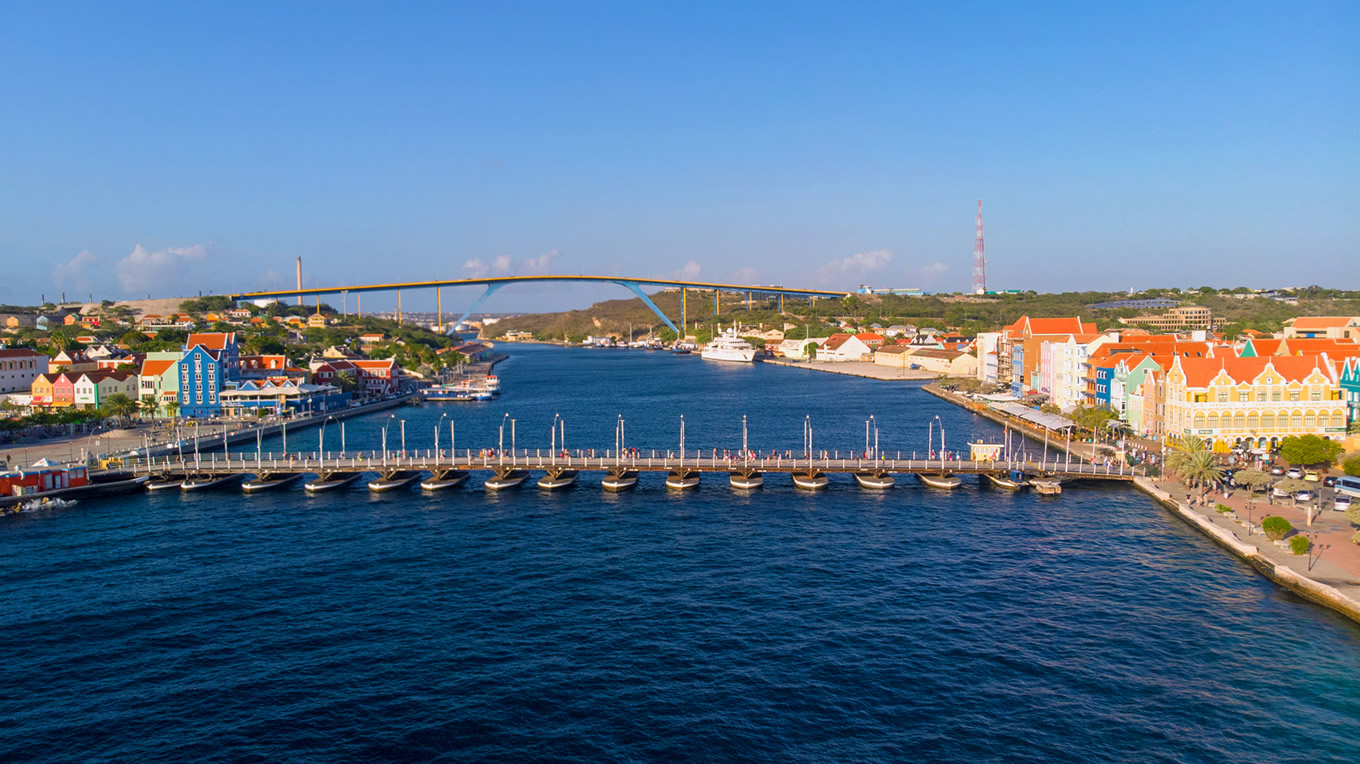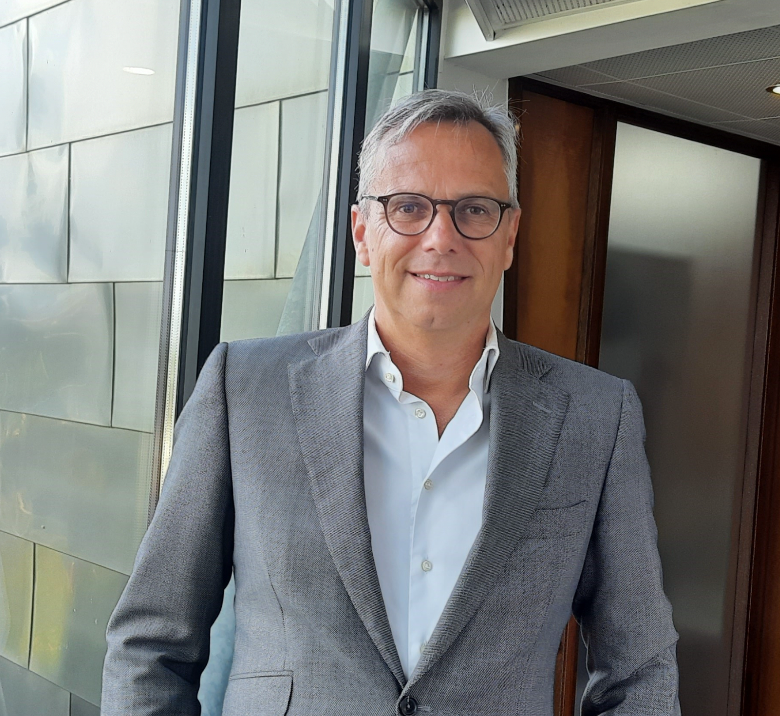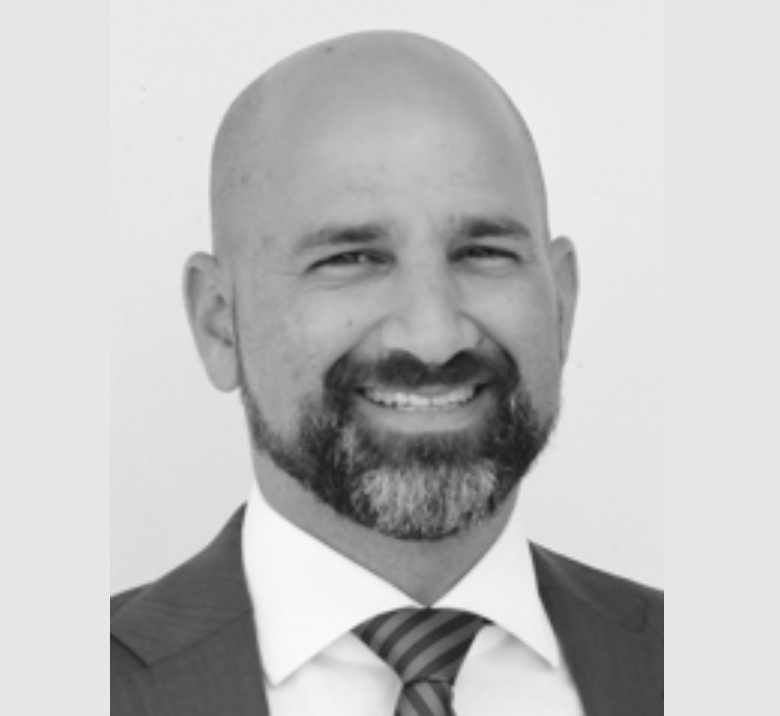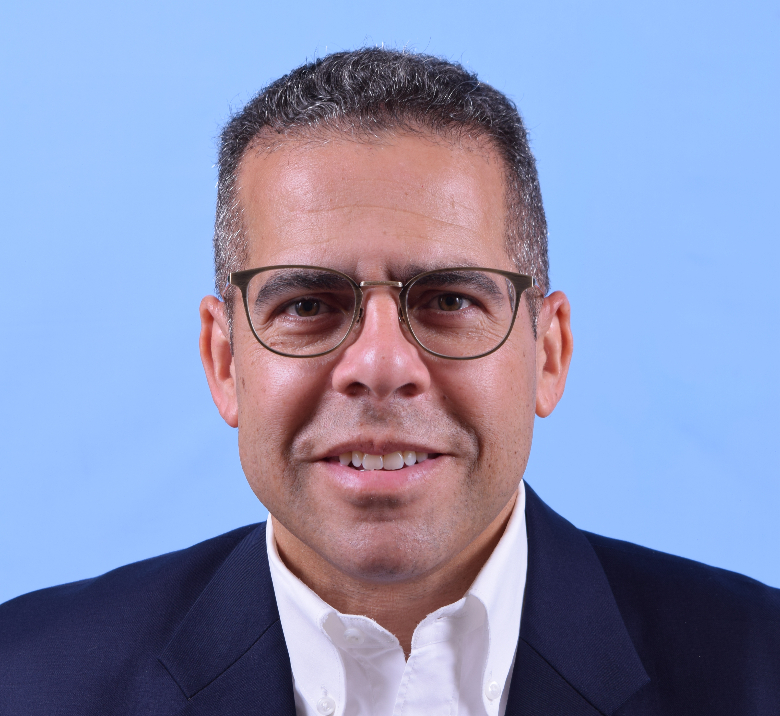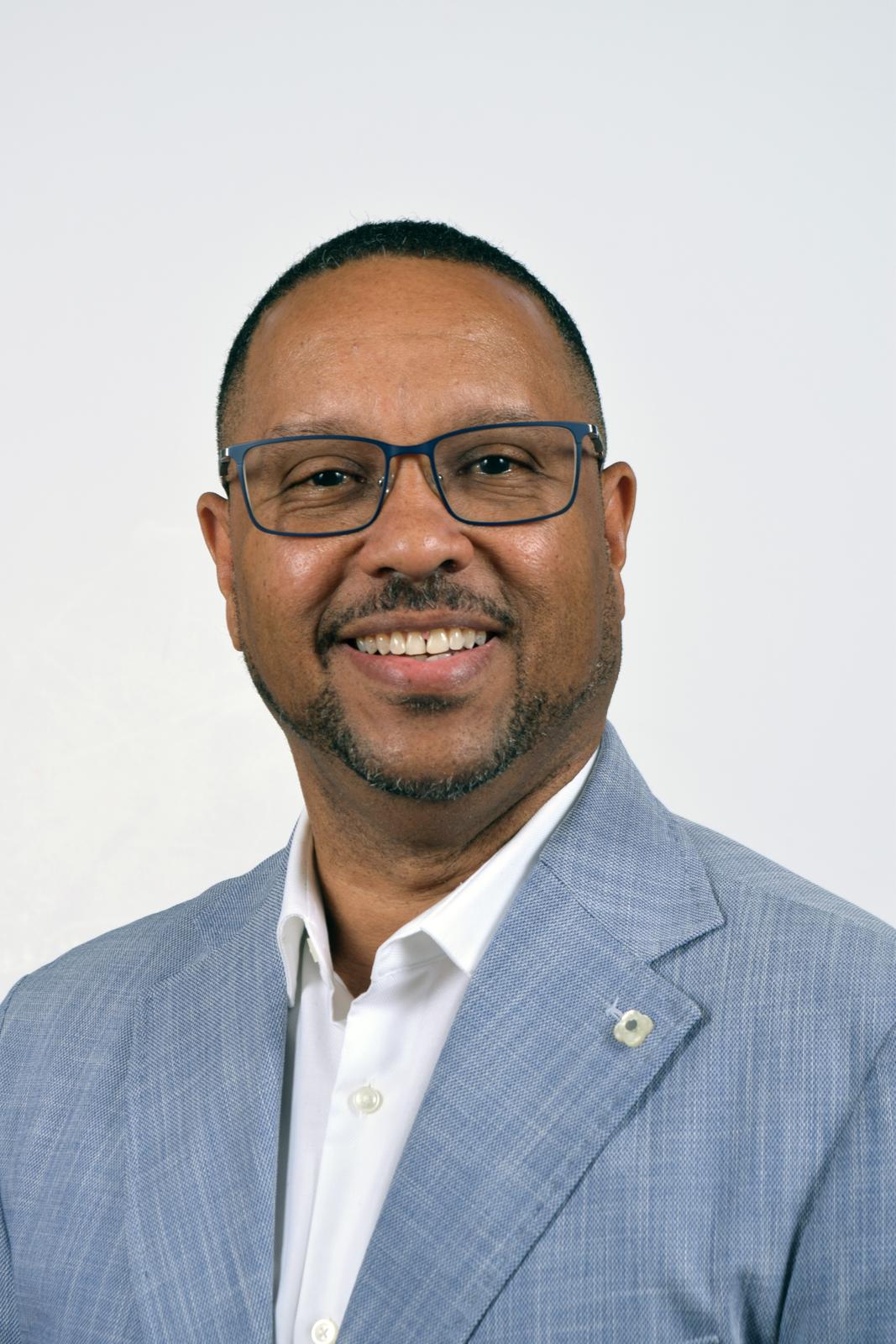The Dutch Caribbean Securities Exchange ("DCSX") is an international Exchange for the listing and trading in both domestic- and international securities.
The DCSX is subject to direct supervision by the Central Bank of Curaçao and Sint Maarten, an associate member of the IOSCO.
The DCSX was approved as a Partner of the Association of National Numbering Agencies (“ANNA”) and as National Numbering Agency for Curaçao on June 17, 2021.
In November 2022 the DCSX received its official confirmation from/by the UK’s HMRC authorities as being a recognized exchange under the latter’s regiment.
At the DCSX, we realize that for the domestic and international business community to prosper, matured start-ups as well as small and medium-sized enterprises, must be in the position to attract capital on a regulated, practically- oriented exchange and to do so at fair costs. The listing fees of the DCSX are there for kept highly competitive. It is this start-up and SME community that the DCSX is focused on servicing. The DCSX ensures transparency for the investor and guarantees visibility for the issuer at all times.
The Board of Directors of the Dutch Caribbean Securities Exchange ("DCSX")
Name: Dirk-Jan de Graaff
Title: Executive Board Member/Chief Executive Officer/Managing Director
Company: Dutch Caribbean Securities Exchange N.V.
Biography: Dirk-Jan started as CEO of the DCSX as of February 1, 2022, and is a Capital Markets professional with more than 25 years’ experience in originating, structuring and distribution of equity, debt and hybrid financing instruments for Euronext Amsterdam listed small cap companies and non-listed private companies. By definition these types of activities take place in less liquid markets. Dirk-Jan built the Capital Markets activities, including building the teams, within smaller banks/brokers in the Netherlands for Bank Labouchere, SNS Securities, NIBC Markets and most recently for the Belgium based Private/Investment Bank Degroof Petercam as Head of Primary Capital Markets Netherlands. Dirk-Jan has a master’s degree in Banking and Finance from the Vrije Universiteit Amsterdam.
Name: Bas Horsten
Title:Vice President of the Board/Secretary/General Board Member
Company: Dutch Caribbean Securities Exchange N.V.
Biography: Bas Horsten is currently Director Sales & Business Development Caribbean & LatAM for the IQEQ group. He is a TEP, member of STEP and has 25 years of experience in estate planning and corporate & trust services. He is a current board member and vice-chairman of the Dutch Caribbean Securities Exchange, a former chairman of STEP Curaçao and a former board member of CIFA (Curaçao International Financial Association). He has prior experience as general manager of operations in respectively Cayman, BVI and Curaçao for a large fiduciary services group. For the past 20 years, his commercial focus has been the Americas, with specific interest in wealth planning for Latin American HNWI and families. He holds a law degree of Erasmus University of Rotterdam, the Netherlands. Core areas of expertise are corporate structuring and administration, trust and estate planning as well as fund services. His native tongue is Dutch, with fluency in English and Spanish and a fair knowledge of French, German and Russian.
Name: Maria-Liza Zunder-Curiel
Title: General Board Member
Company: Dutch Caribbean Securities Exchange N.V.
Biography: Maria-Liza Zunder- Curiel is a young professional, active in the International Financial Sector of Curacao and currently working at Vidanova Bank in the role of Investment Officer. Maria-Liza has also gained experience of the dynamic investment world in the Netherlands where she held positions at ING Investment Management. In previous positions (In the Netherlands and Curacao) her focus was related to valuation, business analyses, business development and project management. Maria-Liza has a Master’s degree in Finance and Investments from the Erasmus University, Rotterdam.
Name: Frank Lammers
Title: General Board Member
Company: Dutch Caribbean Securities Exchange N.V.
Biography: Frank Lammers is an experienced capital market, banking & corporate services professional. He studied economics and holds a Master of Science degree in Public Administration from the Erasmus University in Rotterdam, his city of birth. Before starting PYGG Group in the summer of 2019 he held various specialist and senior management positions with ABN AMRO and her predecessors, Orco Bank, Amicorp, and Amergeris Global Listing & Exchange Services. Frank’s relationship with the DCSX goes all the way back to 2007 when he was part of the Foundation that paved the road for the launch of the Exchange. He successfully concluded multiple funds-, debt- as well as equity listings originating from Europe, North America, Latin America, China, and Curacao, while contributing to the DCSX’s (regulatory) framework and international recognition. Frank’s focus is to develop and promote our Exchange as an innovative, value-adding, active, liquid go-to-market for local and international start-ups, small & medium-sized enterprises, investment funds, and investors of all kinds.
The Dutch Caribbean Securities Exchange Foundation
The Board of the DCSX Foundation is comprised of representatives of financial institutions and other organizations whose interest it is that Curaçao has a well-functioning, fair and transparent securities exchange. The ultimate Supervisory Authority is as stated the “CBCS”. No alterations to any processes, Rules and Regulations, Articles of Association or any other legislative directives in force can be made without prior written consent by the CBCS. At the same time all Members of both the Board of the DCSX Foundation and the Board of the DCSX N.V. itself, members of any committee installed by the DCSX N.V. Board, must be approved by the CBCS, approval which granted after such members have undergone the CBCS’s Professional and Integrity testing procedures.
Presently the Board consists of:
Name: Raoul A. Behr
Title: Chairman of the Board
Company: Dutch Caribbean Securities Exchange Foundation
Biography: Having been engaged by HBM Group as of 1998, Raoul Behr has worked for HBM Group out of various offices including its Amsterdam, Malta, and Curacao offices. Over the years Raoul has assumed and fulfilled various roles and positions, eventually becoming the CEO of HBM Group, and one of its major shareholders. At HBM Group Raoul leads a team of international financial professionals, that are active in the formation, domiciliation, and active management of Investment Funds, Companies, Foundations, Trusts, and other legal entities for international businesses and individuals, always ensuring compliance with local and international rules and regulations. Having worked for all those years in a regulated and licensed industry for both HBM Group and/or its clients, Raoul has extensive experience and personally has always been licensed and/or approved by the relevant regulatory institution in various jurisdictions. He is also the current President of the Curaçao Chamber of Commerce & Industry and former Board Member of the Curaçao International Financial Services Association.
Name: Alvin Gerald Stacie
Title: Treasurer of the Board/Board Member
Company: Dutch Caribbean Securities Exchange Foundation
Biography: An accountant in business and financial consultant with 25 years’ experience in the financial sector. He is specialized in accounting, risk and control, compliance, corporate governance and audit areas. He advises clients from the public sector and private sector. He is also a supervisory board member of several government entities in Curaçao and Bonaire. Alvin Gerald was a public accountant and audit partner for one of the big four firms for many years and was also head of the banking supervision onsite department of the Central Bank of Curacao and St. Maarten. Alvin Gerald has a master’s degree in Business Economics from the state university of Groningen (RUG), the Netherlands and is a Register Accountant affiliated with the Koninklijke Nederlandse Beroepsorganisatie van Accountants (NBA). He is fluent in Dutch, English, Spanish and Papiamentu.
Name: O. Lawrence Bennett
Title: Secretary of the DCSXF Board
Company: Dutch Caribbean Securities Exchange Foundation
Biography: A former Central Banker with responsibilities for Bond Issuance, Investments & Treasury turned Serial Entrepreneur. In addition, he is a member of various supervisory boards including a member of the APC Pension Fund’s Investment Committee. Lawrence studied Finance & Accounting in the USA and is a graduate of Manchester Business School UK.
Supervisory Organizations
Ministry of Finance
The National Ordinance on the Supervision of Securities Exchange stipulates that the Ministry of Finance is the authority to issue a license to operate an exchange in Curaçao, albeit after close consultation with the Central Bank of Curaçao and Sint Maarten.
Central Bank of Curaçao and Sint Maarten (CBCS)
The CBCS is the oldest supervisory institution of this kind on the Western Hemisphere. Its history cannot be viewed separately from the history of especially the Island of Curacao and its banking and currency history. From an economic point of view, Curaçao and the other Dutch dependencies had no significance at the beginning of the 19th century. Except for products such as salt and wood, the islands were completely dependent on imports.
Curaçao, as an open port, was the meeting place for the exchange of raw materials coming from Latin America and the Caribbean and destined for Europe. The Europeans, on the other hand, traded their products with merchants from Latin America and from Curaçao.
As a result, several foreign currencies circulated on the islands. Curaçao operated financially on the basis of Spanish coins, such as the piastre or pillar dollar, and the Portuguese golden Joe, used for large payments. Various small French, German, or Prussian coins circulated as small change.
The traders exchanged these foreign gold and silver coins for goods in the so-called trade houses. Because Curaçao's, imports were greater than its exports, the islands regularly experienced a shortage of money or rather of coins. Merchants made cunning use of the shortage of coins by speculating. They made and distributed their own value notes in the form of credit notes, which they circulated at high interest.
The use of different coins and credit notes resulted in a rather chaotic financial situation in the colony. This situation was a thorn in the flesh for King William 1st, who dreamed of making Curaçao the center for all trade between the Dutch Kingdom and America.
In 1826 the King proposed the establishment of a bank to organize the Colony's financial affairs. Two years later, on February 6, 1828, the Bank was established. The bank was housed in the Garrison Fort of the West Indian Company, now known as Fort Amsterdam, where the government administration also was located. Three clerks, employees in the General Accounting Department, were appointed for the administration and accounting of the newly established bank. Thus, the Bank became part of the Financial Department as a state bank and did not have an official name.
The objective of the Bank was to promote trade within the colony of Curaçao by issuing credit to merchants. Furthermore, the Bank acted as a government cashier, making payments to the private sector on behalf of the government.
The Bank was popularly known as the "Bank van Leening" or "Credit Bank."

